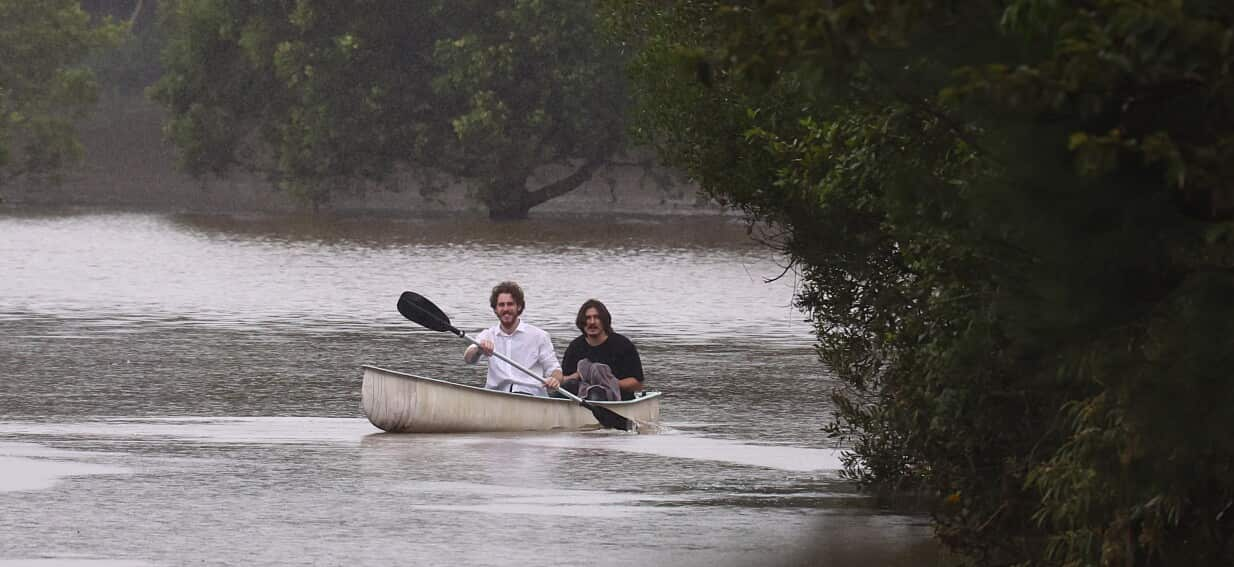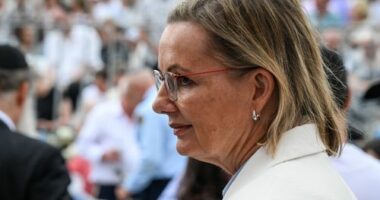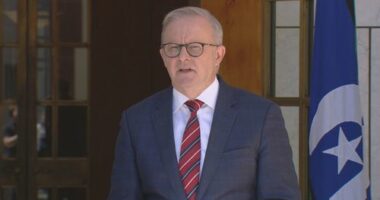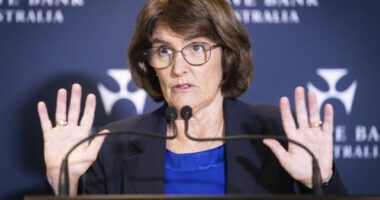Share this @internewscast.com

The OECD forecasts that Australia’s gross domestic product (GDP) will rise by 1.8 percent in 2025, surpassing the OECD index benchmark of 1.4 percent, derived from its 38 member nations.
In Australia, other domestic economic growth figures, released by the Australian Bureau of Statistics on Wednesday, paint a gloomy picture.
Mining, tourism and shipping were particularly impacted, but underlying growth remains soft, particularly household consumption.
“We noticed some economic strength towards the end of last year, which seems to have diminished in the first quarter of 2025. However, there were likely one-time or temporary factors at play,” he explained.
He mentioned that domestic consumer cautiousness has been prevalent, but anticipates a “further increase in real household disposable income” in the latter half of the year.
Global economic forecasts
Economic growth among G20 economies will slow to just 2.9 per cent this year and stay there in 2026, according to the OECD forecast. It marks a substantial deceleration from growth of 3.3 per cent global growth last year and 3.4 per cent in 2023.
— With additional reporting by the Australian Associated Press.













